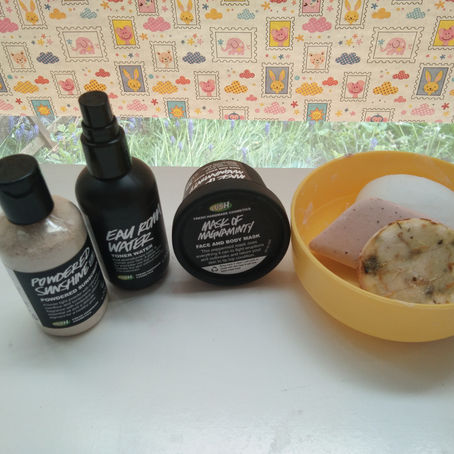SUPPLEMENTS - DO YOU NEED? (PART 1)
- Sunny Doan

- Apr 24, 2018
- 2 min read

1. MULTIVITAMIN
We have a huge need for protective, health-supporting nutrients to help us combat the daily assault of living in a polluted and stressful world. It’s also why I put a good multivitamin at the top of my “vita-must” list. Think of a multivitamin as a little insurance policy to help protect your body against the vitamin and mineral shortfalls that can occur even in diets that are rich in healthy foods. By gifting your body with a multi, you’ll also be optimizing cellular function, which helps make all your systems work consistently at their peak, instead of sputtering through the day.
BE WELL TIP:
When buying, look for multis in capsule form with an easily absorbed enteric coating versus harder-to-digest tablet versions.
Always take your multi with food to assist with absorption and prevent the queasiness that can sometimes occur on an empty stomach.
If you’re on medications, review your multi’s contents with your doc to make sure there aren’t any contraindications.
As there is currently little regulation of supplements in the US, be sure to buy from a reputable company.
2. VITAMIN D3
Vitamin D, actually a pre-hormone and not a vitamin, is like the office busy body – it’s involved in just about everything – playing an essential role in the making of hundreds of disease-preventing proteins and enzymes, and affecting more than 2,000 genes in the body. It enhances muscle strength, builds bone, has anti-inflammatory and anti-cancer effects and bolsters the immune system. Come up perpetually short and over time, you could be leaving your body vulnerable to scourges like heart disease, cancer and diabetes. Here’s the tricky part: it’s virtually impossible to get adequate amounts of vitamin D from food, so you have to get it from supplements and sun exposure.
BE WELL TIP:
Generally 2,000 – 4,000 IU of vitamin D3 is a typical maintenance dose, but if your levels are low, you may need more – but don’t DIY it or guess your appropriate dose. Have your levels checked by your doc at your annual physical to determine your needs. Here is the Vitamin D that we use often with patients as a maintenance dose.
Ideally, your levels should be in the optimal range of 50 to 80 ng/ml.
3. FISH OILS
Fish oil supplements are rich in the essential omega-3 fatty acids EPA and DHA, which are vital to good health. They support your body’s ability to prevent chronic diseases and help protect it against inflammation. They also promote a stronger immune system; cardiovascular, joint and vision health; strengthen skin, hair, and nails; and enhance nutrient absorption, metabolic function as well as attention, mood and memory skills. In short, fish oil is seriously good stuff, but as with Vitamin D, you can’t make your own omega-3 fatty acids, so you’ve got to get it from outside sources. Fatty fish and fish oil supplements are your best sources – so I urge everyone to indulge.
BE WELL TIP:
I recommend a dosage of 2 to 3 g of EPA and DHA (combined) daily,but make sure you choose a good quality fish oil to ensure purity and the removal of heavy metals, pesticides, PCB’s and other contaminants.
Are you interested with any supplements that I have not mentioned above? Please comment and I will answer you in my next post. Thank you.
















Comments